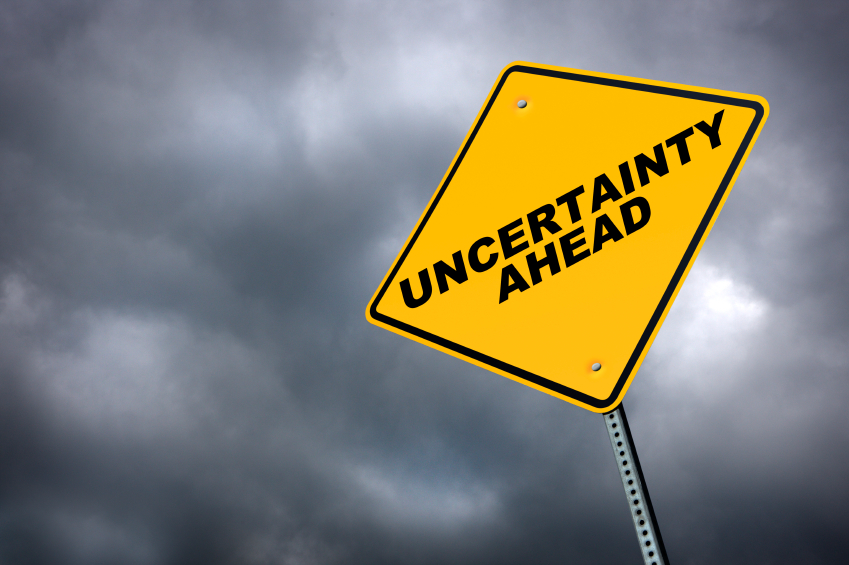 You've heard the sayings 'don't get caught with your pants down', "hope for the best, plan for the worst", 'by failing to prepare, you are preparing to fail'... You get the idea. Well, we're here to remind you that life is all about preparation.
You've heard the sayings 'don't get caught with your pants down', "hope for the best, plan for the worst", 'by failing to prepare, you are preparing to fail'... You get the idea. Well, we're here to remind you that life is all about preparation.Many events in life can catch us off guard, but this doesn't mean you can't be ready when such events do occur. For the first entry in our series of blog posts on preparation, we'll discuss some helpful tips on financial preparedness.
Save for a rainy day
Build up a rainy day fund that can cover your expenses for at least 3-6 months. This extra savings can help you if you're unemployed for a short time, or provide you with a padding for things like unexpected health bills and car repairs.Pay off credit card debt
Credit card debt has a way of dragging your finances down. The money you pay toward high interest rates could be used for better things—like preparing for retirement or saving for a college fund for your children.Once you've built up your rainy day fund, make it a priority to pay it off your credit card debt as soon as possible.
Make a budget
A budget will help you keep from slipping into unwanted debt. It also allows you to target your wants and needs, so that you can put your money toward preparing for the unexpected rather than wasting it on temporary wants.Protect your family and assets with insurance
A rainy day fund is just the first line of defense against the unexpected. To prepare for more catastrophic events, insurance provides you with a deeper level of protection.Stay tuned for future blog posts that will address how to prepare for devastating events, like house fires and car accidents.
Photo credit: http://readynutrition.com/








